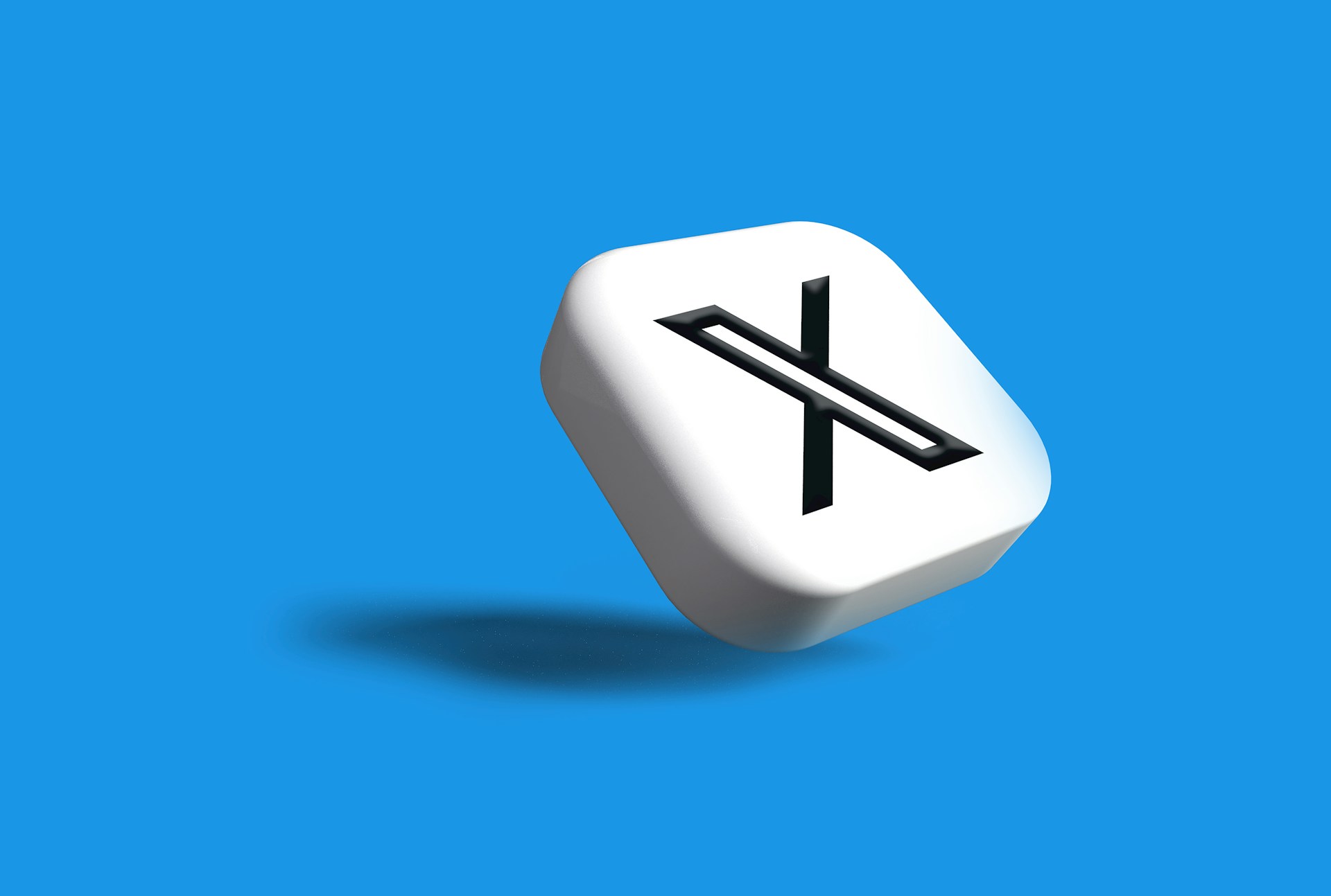
DJI Unveils Foldable Flip Drone, Blurs Lines with Existing Consumer Portfolio
DJI introduces the Flip, a portable and feature-packed drone that combines simplicity with stunning photo capabilities, priced at $439.
Sophia Steele

Last weekend, Jeffrey Goldberg, editor-in-chief of The Atlantic, found himself at the center of a digital fiasco when he was unexpectedly added to a Signal group chat with 17 U.S. government officials who were discussing imminent airstrikes in Yemen. The incident has raised questions about how phone numbers end up in contact lists and how messaging apps pull in users, sparking concerns about national security and data privacy.
According to National Security Adviser Mike Waltz, Goldberg's number was "sucked in" from another contact. However, Goldberg disputed this claim on a Sunday talk show, stating, "This isn't The Matrix. Phone numbers don't just get sucked into other phones." Goldberg emphasized that his phone number was already in the contact's phone, implying that the addition was not a random occurrence.
The incident has sparked a heated debate about the security protocols of messaging apps, particularly Signal, which has positioned itself as a champion of privacy and security. Signal's president, Meredith Whittaker, has not directly addressed the national security snafu, but earlier in the week, she took to X to defend the service, calling it the "gold standard for private, secure communications." Whittaker's statement seemed to be a response to the increased scrutiny the app is facing, as she noted that "right now there are a lot of new eyes on Signal, and not all of them are familiar with secure messaging and its nuances."
The incident raises important questions about how messaging apps manage contact lists and user data. While Signal has built a reputation for its end-to-end encryption and commitment to user privacy, the Goldberg incident has exposed potential vulnerabilities in its system. It remains unclear how Goldberg's number ended up in the government official's contact list, and whether Signal's protocols are sufficient to prevent similar incidents in the future.
The implications of this incident extend beyond the realm of national security, as it highlights the need for greater transparency and accountability in the management of user data. As messaging apps continue to play an increasingly important role in our personal and professional lives, it is essential that they prioritize user privacy and security above all else. The Goldberg incident serves as a wake-up call for both app developers and users, underscoring the importance of vigilance and scrutiny in the digital age.
In the aftermath of this incident, Signal and other messaging apps would do well to re-examine their protocols and ensure that they are doing everything in their power to protect user data. Meanwhile, users must remain aware of the potential risks and vulnerabilities associated with these apps, and take steps to protect their own privacy and security. As the digital landscape continues to evolve, it is crucial that we prioritize accountability, transparency, and security above all else.

DJI introduces the Flip, a portable and feature-packed drone that combines simplicity with stunning photo capabilities, priced at $439.

China leads the global fireworks export market, shipping over 360,000 metric tons of pyrotechnics worth $1 billion in 2023, with the US being the largest importer.

Social media platform X (formerly Twitter) has updated its Privacy Policy to allow third-party "collaborators" to train their AI models on X user data, unless users opt out
Copyright © 2024 Starfolk. All rights reserved.